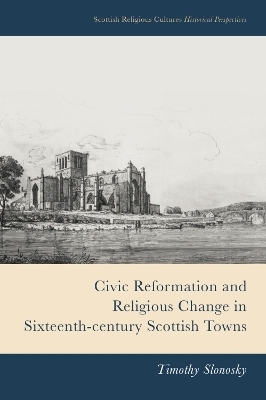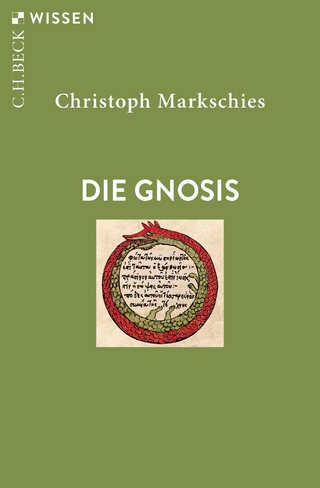
Civic Reformation and Religious Change in Sixteenth-Century Scottish Towns
Seiten
2024
Edinburgh University Press (Verlag)
978-1-3995-1022-6 (ISBN)
Edinburgh University Press (Verlag)
978-1-3995-1022-6 (ISBN)
Explains the importance of townspeople to the success of the Scottish Reformation of 1559-1560
Civic Reformation and Religious Change in Sixteenth-Century Scottish Towns demonstrates the crucial role of Scotland's townspeople in the dramatic Protestant Reformation of 1560. It shows that Scottish Protestants were much more successful than their counterparts in France and the Netherlands at introducing religious change because they had the acquiescence of urban populations. As town councils controlled critical aspects of civic religion, their explicit cooperation was vital to ensuring that the reforms introduced at the national level by the military and political victory of the Protestants were actually implemented.Focusing on the towns of Dundee, Stirling and Haddington, this book argues that the councillors and inhabitants gave this support because successive crises of plague, war and economic collapse shook their faith in the existing Catholic order and left them fearful of further conflict. As a result, the Protestants faced little popular opposition, and Scotland avoided the popular religious violence and division which occurred elsewhere in Europe.
Civic Reformation and Religious Change in Sixteenth-Century Scottish Towns demonstrates the crucial role of Scotland's townspeople in the dramatic Protestant Reformation of 1560. It shows that Scottish Protestants were much more successful than their counterparts in France and the Netherlands at introducing religious change because they had the acquiescence of urban populations. As town councils controlled critical aspects of civic religion, their explicit cooperation was vital to ensuring that the reforms introduced at the national level by the military and political victory of the Protestants were actually implemented.Focusing on the towns of Dundee, Stirling and Haddington, this book argues that the councillors and inhabitants gave this support because successive crises of plague, war and economic collapse shook their faith in the existing Catholic order and left them fearful of further conflict. As a result, the Protestants faced little popular opposition, and Scotland avoided the popular religious violence and division which occurred elsewhere in Europe.
| Erscheinungsdatum | 07.05.2024 |
|---|---|
| Reihe/Serie | Scottish Religious Cultures |
| Zusatzinfo | 4 black and white illustrations, 4 black and white tables |
| Verlagsort | Edinburgh |
| Sprache | englisch |
| Maße | 156 x 234 mm |
| Themenwelt | Geisteswissenschaften ► Geschichte ► Allgemeine Geschichte |
| Geschichte ► Teilgebiete der Geschichte ► Religionsgeschichte | |
| Geisteswissenschaften ► Religion / Theologie ► Christentum | |
| ISBN-10 | 1-3995-1022-3 / 1399510223 |
| ISBN-13 | 978-1-3995-1022-6 / 9781399510226 |
| Zustand | Neuware |
| Informationen gemäß Produktsicherheitsverordnung (GPSR) | |
| Haben Sie eine Frage zum Produkt? |
Mehr entdecken
aus dem Bereich
aus dem Bereich
Von den Anfängen bis zur Gegenwart
Buch | Hardcover (2022)
C.H.Beck (Verlag)
34,00 €
warum die Religionen erst im Mittelalter entstanden sind
Buch | Hardcover (2024)
C.H.Beck (Verlag)
38,00 €


